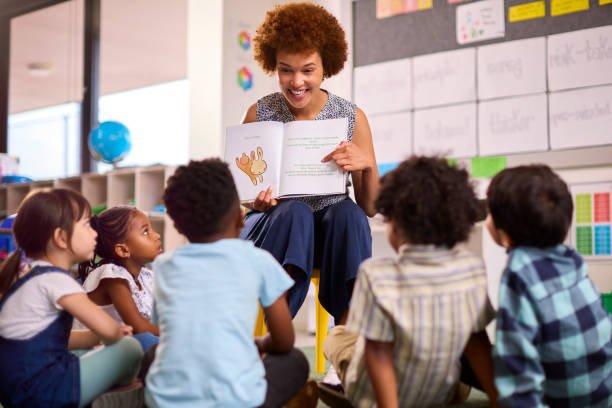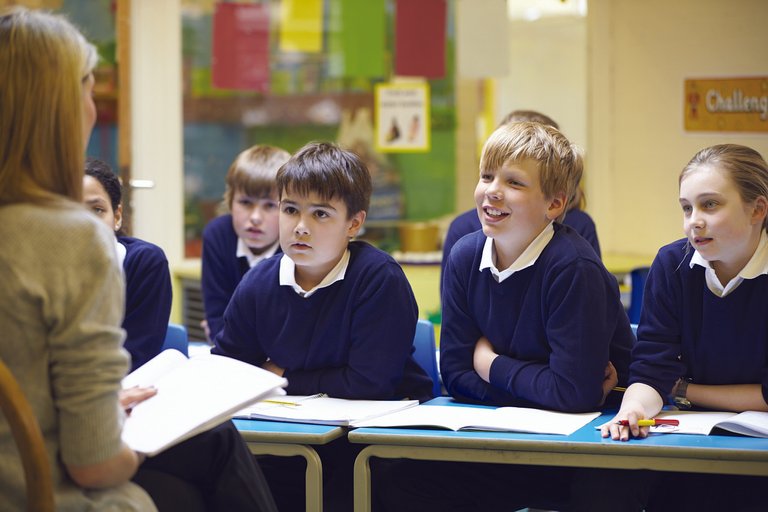Our culture and diversity is a unique heritage to everyone. We all have a way to speak, act and respond to our feelings and emotions. All these are languages despite isn't verbally said. They have meaning in themselves and in our culture, believes, lifestyles, and affect the way we think.
Just as one can't survive without the society, one can't survive without knowing one or too linguistics usage. That is why it is an integral part of our society.
Knowledgeable enough on this, leads me to believe that no matter how one's educational interests and intelligence buds. Most preserves that unique linguistics that they are known for.
I have taken care to understand the theme of this prompt, to articulate my meaning in the context I'm doing. In today's society, many cultures, tribe, religions are rapidly losing hold of their native mother tongues. It is said that those who lose their linguistics, and mother tongues, lose their identities.
In Nigeria, many of my people our losing their mother tongues. In my community where I come from, many our losing their mother tongues. To me, these are becoming a bad omen. I see it that dominant languages are gradually overshadowing minority languages.
My concept on the prompt is going to exploit around the scope of preserving minority languages, their linguistics usage in today's globalized world. Where dominant languages are taking over the minority tongues.
Mostly, in African countries, precisely Nigeria, is about to lose a greater percentage of the mother tongues, if caution is not employed my the parents. Because language is a sole key to identifying culture, our route, and connect individuals to their roots, add a sense of belongings to a particular community.
I believe that parents, society, whose language, particularly communal linguistics, is one of their priorities; would not stand the risk to losing their identity in the feature.
If we belong to a society that we are proud of, we should learn how to place value of that society's culture, in our children. Knowledge transmission is significant. Many of my mother's tongue languages contain plenty of idioms, proverbs, ecosystem, and medical words that I wouldn’t have known, I didn't learn them in school, which was so bad.
Despite my level of education, if my parents didn't teach me these words, or had played ignorant, they would have made me lose the value of these languages. I bet you today, I would have lost my culture and identity.
When I speak out there, even when I was in college and the University, my friend teachers and lectures then, would always identify me, by my mother tongue, of whom many of them were from my tribe.
They applauded me so well. One of them told me, its tells who you are. It tells your culture, and keeps our traditions. My parents then spoke to us with proverbs, which we all understood without explanation. How many today, would understand proverbs? Traditional idioms of their mother linguistics.
It wasn't documented, anywhere, just by spoken words, I understood. All these orally passed through generation. The impact is that, it is our essential way to maintain our value and transcend our unique knowledge.
Without trying to mimic anyone, I spoke with a few of my friends then back in college, who were from my tribe, which most of them confided in me, they were raised in the city. To cut the long story short, they couldn't speak their mother tongues, they lost it.
Many would say, does mother tongue bring money to our pocket? No it doesn't, it preserves our culture.
So if my parents didn't teach me, what will I have been to my kids today? Of course, it is time to ignore globalisation; and teach our children, build the generation with more of rural linguistics than the urbanisation.
There is an ongoing indigenous linguistics competition awards, sponsored by the well doing members of my community. This kind of institutional support should be organised by community members to build and help to these raise more generations that would be responsible to pass it next generation.
I went to my local community school, with my Uncle, a professor, in one of the University outside the state. This was in form of tourism. My uncle asked the head principal of the school to summit his scheme of subjects. He did, but behold, the indigenous language wasn't included.
I saw, French, English and of course, all other subjects taught with English language, but I couldn't fine my own indigenous language in the syllabus. This doesn't seem right. Bad, too alienating to my culture.
African children precisely Nigeria today, answer three English names. We also saw that. And a sensitization Townhall talk is ongoing, to help sensitized my people. Which I would be part of the PR, to angle this topic.
What value are we creating? Even the white man, values English, the French man values the languages even more than any other languages.
Conclusively, value for linguistic heritage, would help to bring in touch who we're the right morals that is in us; in the way it is set for. All we just need to do, as parents, institutions, schools, and society at large; is to place our value on it and take the necessary actions to back up the steps, before it becomes too late.
Posted Using InLeo Alpha
Posted Using InLeo Alpha

